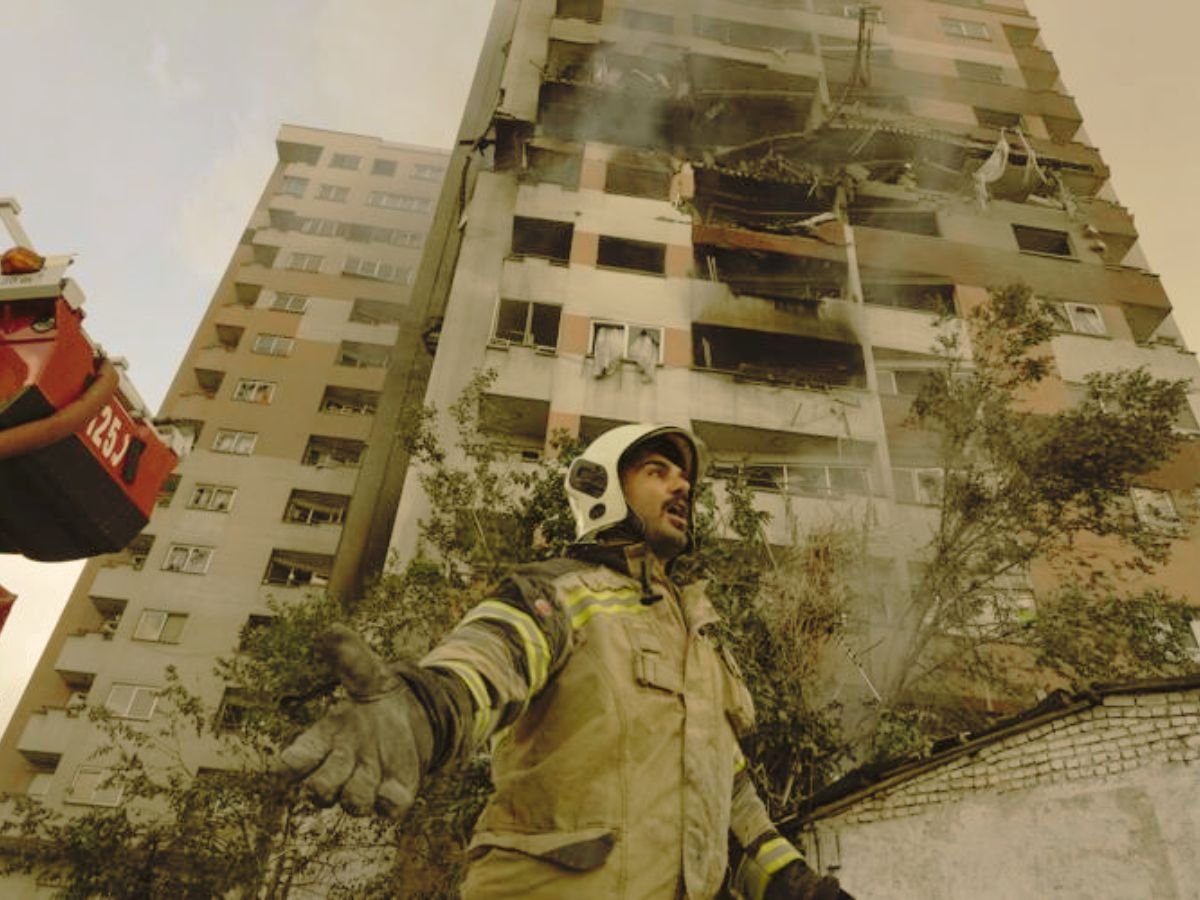Iran’s ambassador to the United Nations, Amir Saeid Iravani, has told the UN Security Council that Israel’s recent airstrikes on Iran have killed at least 78 people and injured more than 320, the majority of them civilians. The revelation comes amid rising tensions in the Middle East following a series of deadly retaliatory strikes between Israel and Iran.
“Criminal aggression” by Israel
Speaking during an emergency Security Council meeting on Friday, Iravani condemned what he described as “criminal aggression” by Israel and squarely blamed the United States for enabling the assault through intelligence sharing and continued political support. “Those who support this regime, with the United States at the forefront, must understand that by aiding and enabling this crime, they share full responsibility for the consequences,” Iravani said.
According to Iran’s UN envoy, the Israeli strikes hit multiple sites across Iran, including residential neighborhoods, military headquarters, and sensitive nuclear facilities in and around Tehran. Among the casualties were senior Iranian military officials and nuclear scientists, Iravani stated.
ALSO READ: US Military Assists Israel In Intercepting Iranian Missile Barrage: Report
Eyewitness accounts described scenes of chaos and destruction. Reports published by The Guardian quoted Iranian civilians who spoke of buildings shaking violently, screaming crowds, and panic in the streets. “Traffic jams and clueless crowds are still trying to make sense of what’s happening,” said one resident. “Smoke is still billowing from residential streets and there’s debris around homes. The sky is red and we fear there will be more attacks.”
While Israel has not officially confirmed the full extent of the strikes, Prime Minister Benjamin Netanyahu issued a statement following Iran’s retaliatory missile attacks. Netanyahu said Israeli citizens were allowed to leave bomb shelters and claimed that “the Iranian regime has never been weaker.” He added, “This is an opportunity for the Iranian people to stand up against the regime.”
In response to Iran’s accusations, US officials confirmed that the American military had helped intercept Iranian missiles targeting Israel, using ground-based air defense systems. However, Iran’s ambassador insisted that American involvement went far beyond defense. “We will not forget that our people lost their lives as a result of the Israeli attacks with American weapons,” Iravani told the UN. “The role of the US in this aggression is undeniable.”
Iran’s attack
The Iranian Revolutionary Guard Corps (IRGC) confirmed that they had launched multiple missile strikes against Israeli targets in retaliation for the airstrikes that killed Iranian commanders and scientists. An IRGC official, speaking anonymously to Reuters, warned that “our revenge has just started. They will pay a high price.”
Iran’s Supreme Leader Ayatollah Ali Khamenei also issued a stern warning, vowing that Israel “will not remain unscathed” and promising that Iran “will not go for half measures in its response.” In a fiery speech, he declared that Iranian armed forces would leave Israel “helpless.”
The international community has responded with alarm. British Foreign Minister David Lammy said on Friday that he spoke with his Iranian counterpart and urged de-escalation. “I recognise that this is a moment of grave peril in the Middle East,” Lammy said in an interview with Sky News, calling Israel’s strikes a “unilateral act” that risks broader conflict.
As the crisis deepens, calls for restraint are growing louder. But with both Israel and Iran issuing threats and carrying out deadly strikes, fears are mounting that the conflict could spiral into full-scale regional war.
The UN Security Council is expected to continue discussions over the coming days, though diplomatic progress remains uncertain.
ALSO READ: Israel Destroys Iran’s Natanz Nuclear Site, Confirms UN Nuclear Chief



